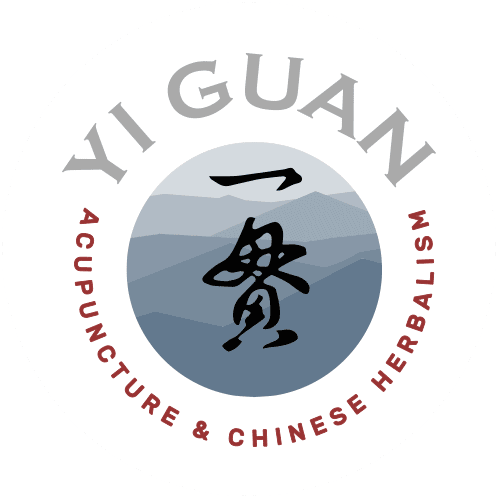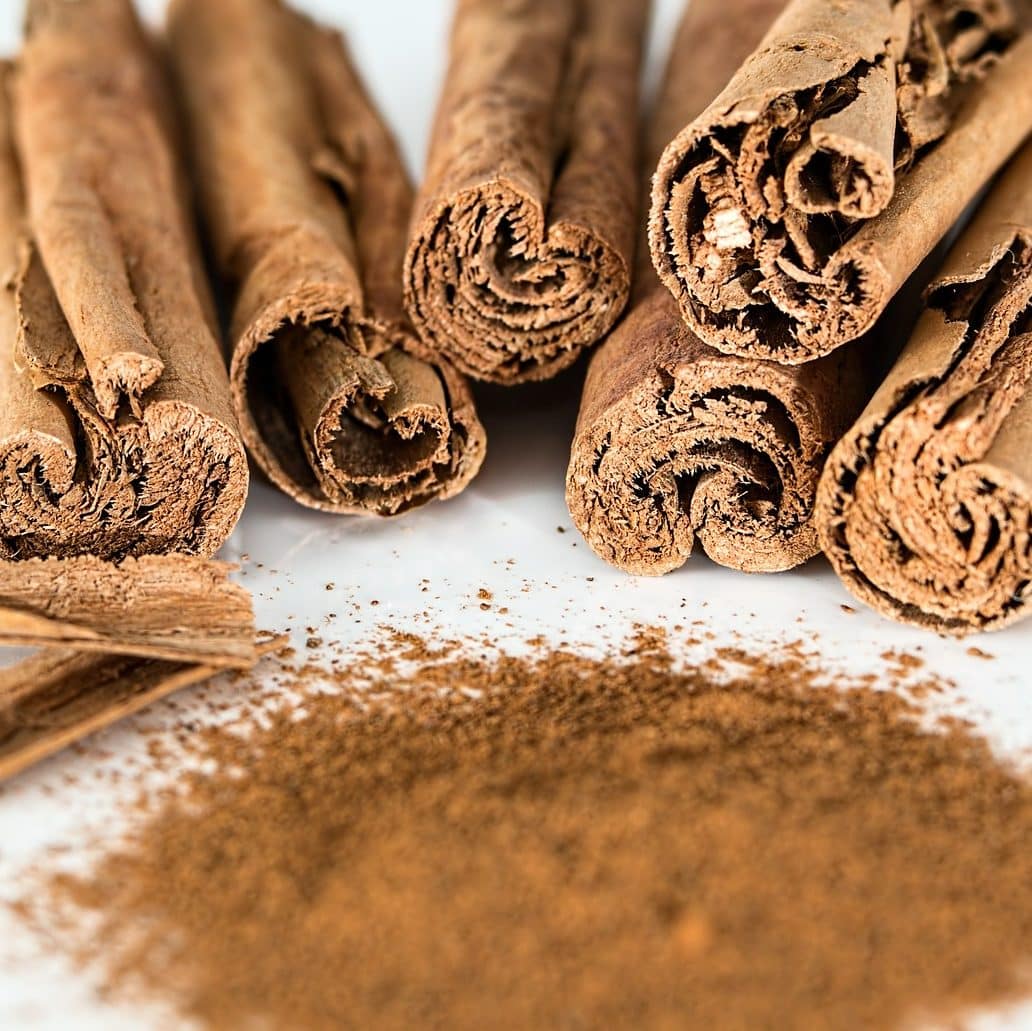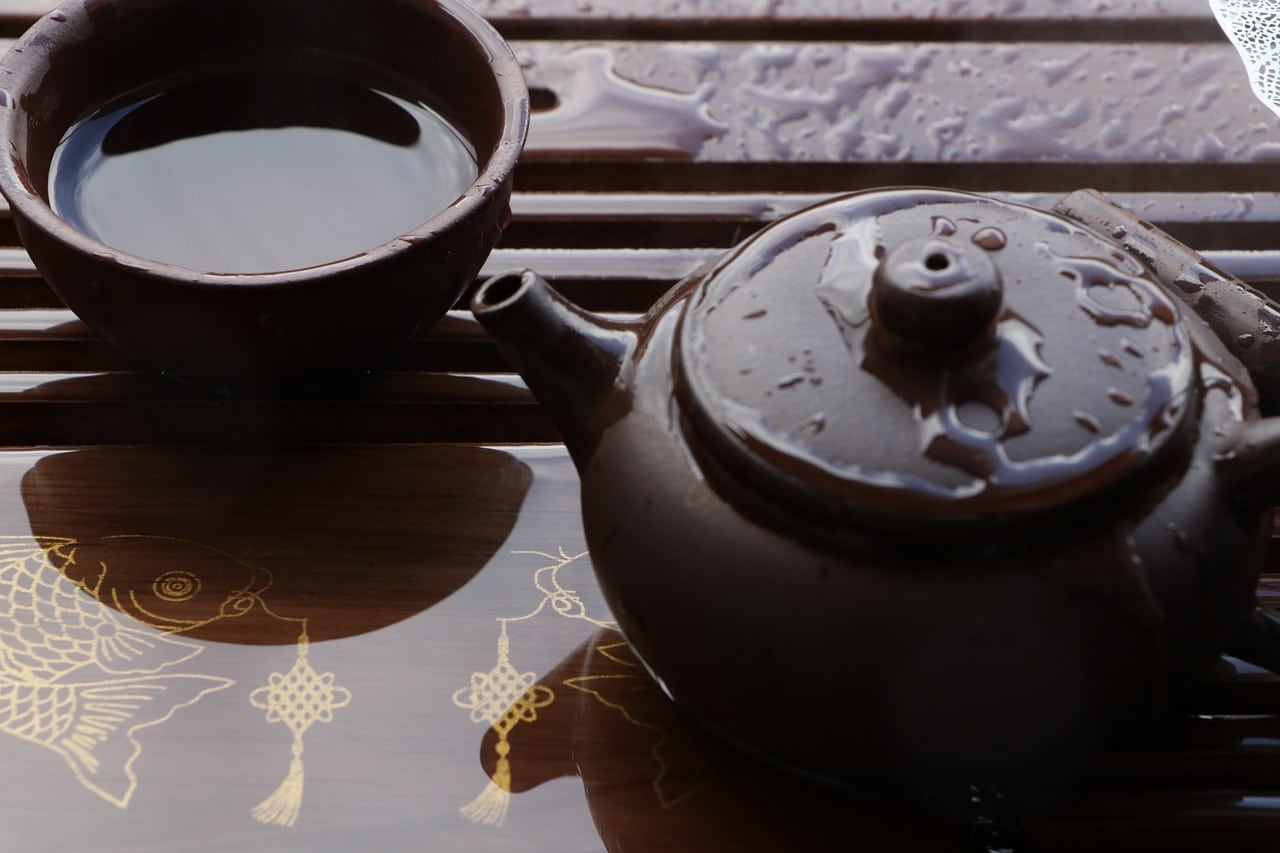There seems to be a trend to focus on risks in articles about and studies of complimentary and alternative medicines (often referred to by the acronym CAM).
Some benefits, potential risks with alternative medicines for heart failure (source: AMA’s journal Circulation, via heart.org, 12/08/2022)
But as pointed out in the Daith Piercings For Migraines article, the often cited risks may just be a misunderstanding of how and when to apply various CAM therapies.
Specifically, the heart failure article talks about conflicting studies on hawthorn fruit. Some studies show it can aid in lowering cholesterol and reducing atherosclerotic disease. But other studies show hawthorn fruit may worsen heart failure. And it may even interact with digoxin, a commonly prescribed pharmaceutical for heart failure.
When you realize that “heart failure” is a broad term in Western medicine, the confusion around the benefits of hawthorn fruit becomes clearer. There are numerous causes of heart failure, some of which could benefit from hawthorn fruit while others would not. And since hawthorn fruit is is not officially part of a cardiologist’s “toolbox”, to know when to use it is understandably difficult.
The materia medica of Chinese herbalism describes the herbal action of hawthorn fruit (or shan zha in Chinese herbalism) as:
“…reducing food stagnation, transforming accumulations, transforming blood stasis, and dissipating clumps.”
When looking at this through the understanding of Western medicine, one sees how that description could easily translate into lowering cholesterol and alleviating atherosclerosis. And in many cases shan zha does, in fact, do just that.
But as far as Chinese medicine is concerned, there are no words for the Western medical concepts of “high cholesterol”, “atherosclerosis”, or “heart failure”. The closest concepts in Chinese medicine translate in English to “food stagnation”, “blood stagnation”, and “clumps”. Furthermore, those terms only sometimes correspond to the Western description of “heart disease”. In Chinese medicine, they could also correspond to other things, such as irritable bowel syndrome or inflammatory bowel disease.
And even more to the point, the set of symptoms characterizing “heart disease” in Western medicine could refer to kidney yang deficiency (lowered kidney activity) or liver yang rising (increased liver activity) in Chinese medicine. And both of these conditions are not directly linked to shan zha’s herbal actions.
While it is great for all involved that ancient Chinese herbs are beginning to be understood in modern ways, one must not forget that there isn’t always a one-to-one relationship between Eastern and Western medicine. A proper “translation” step is essential when studying these Eastern medical therapies.
Join the Yi Guan Newsletter List!
Sent out just once a month, the newsletter keeps you informed about acupuncture, herbalism and special offers at Yi Guan Acupuncture and Chinese Medicine.







